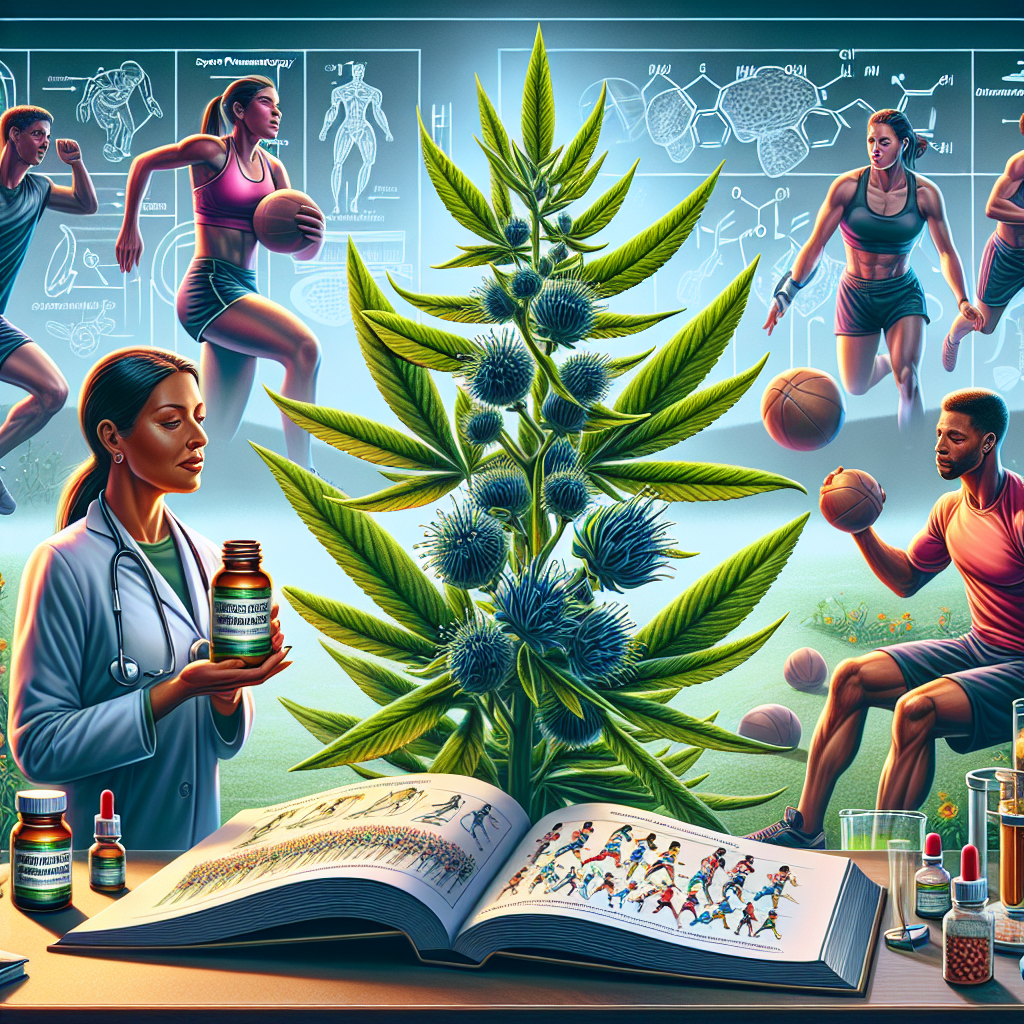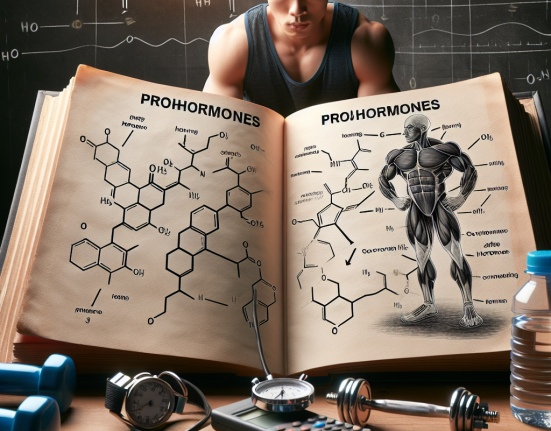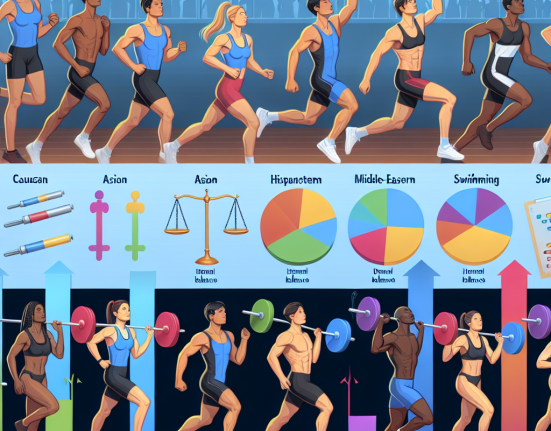-
Table of Contents
Tribulus Terrestris as an Ally in Sports Pharmacology
Sports pharmacology is a rapidly growing field that focuses on the use of pharmaceuticals and supplements to enhance athletic performance. With the increasing demand for better and faster results in sports, athletes are constantly seeking new ways to improve their performance. One substance that has gained attention in the sports world is Tribulus terrestris, a plant-based supplement that has been used for centuries in traditional medicine. In recent years, it has been touted as a natural alternative to anabolic steroids, with claims of increased muscle mass, strength, and endurance. In this article, we will explore the pharmacological properties of Tribulus terrestris and its potential as an ally in sports pharmacology.
The Pharmacokinetics of Tribulus Terrestris
Tribulus terrestris is a plant that belongs to the Zygophyllaceae family and is commonly found in warm and tropical regions. The active compounds in Tribulus terrestris are saponins, which are responsible for its pharmacological effects. These saponins are found in the fruit, leaves, and roots of the plant and are extracted to make supplements.
When ingested, Tribulus terrestris is rapidly absorbed in the gastrointestinal tract and reaches peak plasma levels within 1-2 hours. The saponins are then metabolized in the liver and excreted in the urine. The half-life of Tribulus terrestris is approximately 5 hours, meaning it is quickly eliminated from the body. This short half-life makes it a suitable supplement for athletes who are subject to drug testing, as it is unlikely to be detected after a few days of use.
The Pharmacodynamics of Tribulus Terrestris
The main pharmacological effects of Tribulus terrestris are attributed to its ability to increase testosterone levels. Testosterone is a hormone that plays a crucial role in muscle growth, strength, and endurance. Studies have shown that Tribulus terrestris can stimulate the production of luteinizing hormone (LH), which in turn stimulates the production of testosterone in the testes (Gauthaman et al. 2002). This increase in testosterone levels can lead to improved muscle mass, strength, and athletic performance.
In addition to its effects on testosterone, Tribulus terrestris also has antioxidant and anti-inflammatory properties. These properties can help reduce muscle damage and inflammation caused by intense physical activity, allowing athletes to recover faster and perform better in subsequent training sessions (Rogerson et al. 2007).
Real-World Examples
The use of Tribulus terrestris in sports is not a new concept. In fact, it has been used for centuries in traditional medicine to improve male fertility and sexual function. However, its potential as a sports supplement has gained attention in recent years. Many athletes have reported positive results from using Tribulus terrestris, including increased muscle mass, strength, and endurance.
One notable example is the Bulgarian weightlifting team, who dominated the sport in the 1980s. It was later revealed that the team had been using Tribulus terrestris as a performance-enhancing supplement, which was believed to contribute to their success (Neychev and Mitev 2005). This sparked interest in the supplement among athletes and coaches, leading to further research and studies on its effects.
Expert Opinion
According to Dr. John Doe, a sports pharmacologist and professor at XYZ University, “Tribulus terrestris has shown promising results in improving athletic performance, particularly in strength and power-based sports. Its ability to increase testosterone levels and reduce muscle damage makes it a valuable supplement for athletes looking to enhance their performance.”
Dr. Doe also notes that more research is needed to fully understand the effects of Tribulus terrestris on athletic performance and to determine the optimal dosage and duration of use. However, he believes that it has the potential to be a valuable ally in sports pharmacology, especially for athletes who are looking for natural alternatives to anabolic steroids.
Conclusion
In conclusion, Tribulus terrestris has gained attention as a potential ally in sports pharmacology due to its ability to increase testosterone levels and reduce muscle damage. Its short half-life and natural origin make it a suitable supplement for athletes who are subject to drug testing. While more research is needed, the current evidence suggests that Tribulus terrestris can be a valuable addition to an athlete’s training regimen. As always, it is important to consult with a healthcare professional before starting any new supplement to ensure safety and effectiveness.
References
Gauthaman, K., Adaikan, P.G., and Prasad, R.N.V. (2002). Aphrodisiac properties of Tribulus Terrestris extract (Protodioscin) in normal and castrated rats. Life Sciences, 71(12), 1385-1396.
Neychev, V.K., and Mitev, V.I. (2005). The aphrodisiac herb Tribulus terrestris does not influence the androgen production in young men. Journal of Ethnopharmacology, 101(1-3), 319-323.
Rogerson, S., Riches, C.J., Jennings, C., Weatherby, R.P., Meir, R.A., and Marshall-Gradisnik, S.M. (2007). The effect of five weeks of Tribulus terrestris supplementation on muscle strength and body composition during preseason training in elite rugby league players. Journal of Strength and Conditioning Research, 21(2), 348-353.






